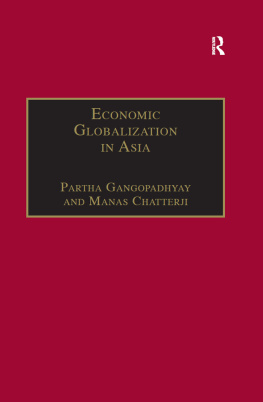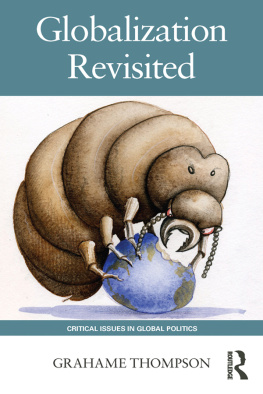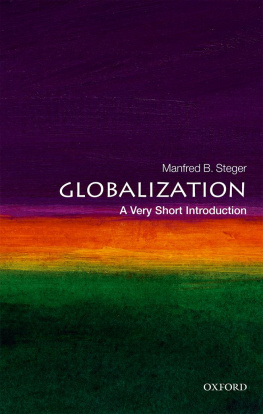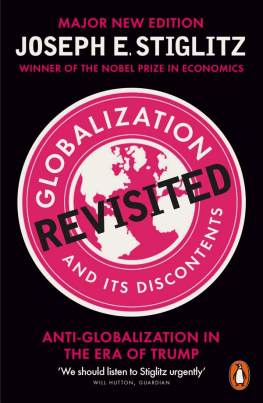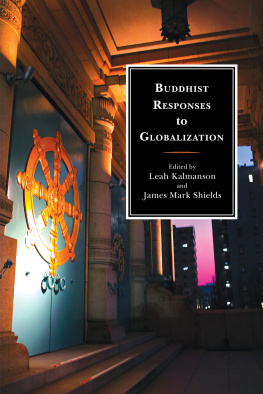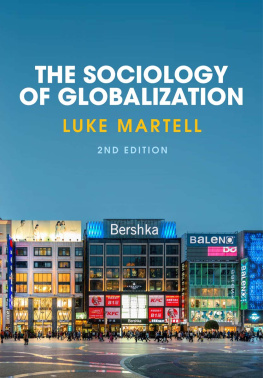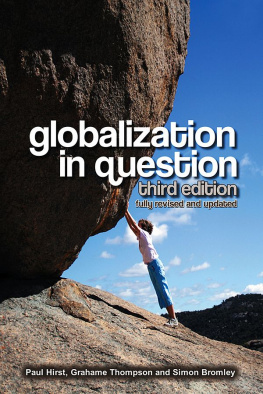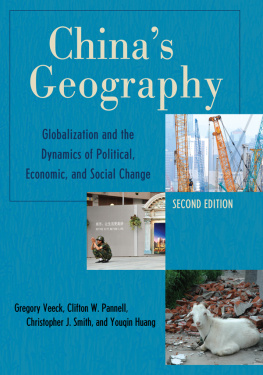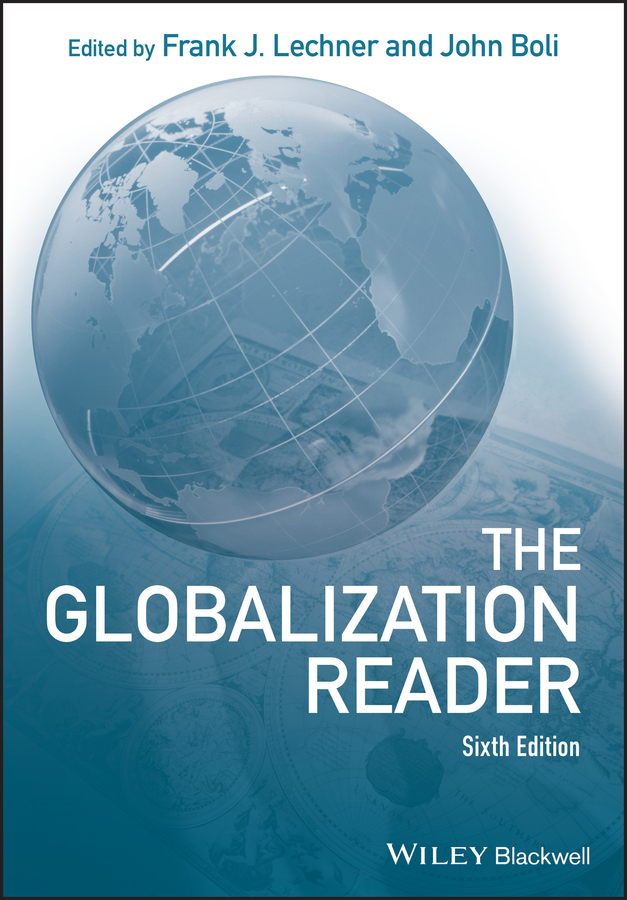
Table of Contents
List of Tables
- Chapter 36
List of Illustrations
- Chapter 9
- Chapter 10
- Chapter 21
- Chapter 23
- Chapter 26
- Chapter 32
- Chapter 34
- Chapter 41
- Chapter 67
Guide
Pages
The Globalization Reader
Sixth Edition
Edited by
Frank J. Lechner
Emory University
Atlanta
USA
John Boli
Emory University
Atlanta
USA

This edition first published 2019
2019 John Wiley & Sons Ltd
Edition History
Lechner_ 9781118733554_ Globalization Reader 5e
All rights reserved. No part of this publication may be reproduced, stored in a retrieval system, or transmitted, in any form or by any means, electronic, mechanical, photocopying, recording or otherwise, except as permitted by law. Advice on how to obtain permission to reuse material from this title is available at http://www.wiley.com/go/permissions.
The right of Frank J. Lechner and John Boli to be identified as the authors of the editorial material in this work has been asserted in accordance with law.
Registered Office(s)
John Wiley & Sons, Inc., 111 River Street, Hoboken, NJ 07030, USA
John Wiley & Sons Ltd, The Atrium, Southern Gate, Chichester, West Sussex, PO19 8SQ, UK
Editorial Office
9600 Garsington Road, Oxford, OX4 2DQ, UK
For details of our global editorial offices, customer services, and more information about Wiley products visit us at www.wiley.com.
Wiley also publishes its books in a variety of electronic formats and by printondemand. Some content that appears in standard print versions of this book may not be available in other formats.
Limit of Liability/Disclaimer of Warranty
While the publisher and authors have used their best efforts in preparing this work, they make no representations or warranties with respect to the accuracy or completeness of the contents of this work and specifically disclaim all warranties, including without limitation any implied warranties of merchantability or fitness for a particular purpose. No warranty may be created or extended by sales representatives, written sales materials or promotional statements for this work. The fact that an organization, website, or product is referred to in this work as a citation and/or potential source of further information does not mean that the publisher and authors endorse the information or services the organization, website, or product may provide or recommendations it may make. This work is sold with the understanding that the publisher is not engaged in rendering professional services. The advice and strategies contained herein may not be suitable for your situation. You should consult with a specialist where appropriate. Further, readers should be aware that websites listed in this work may have changed or disappeared between when this work was written and when it is read. Neither the publisher nor authors shall be liable for any loss of profit or any other commercial damages, including but not limited to special, incidental, consequential, or other damages.
Library of Congress CataloginginPublication Data
Names: Lechner, Frank J., editor. | Boli, John, 1948 editor.
Title: The globalization reader / edited by Frank J. Lechner, John Boli.
Description: 6th Edition. | Hoboken, NJ : WileyBlackwell, 2019. | Includes bibliographical references and index.
Identifiers: LCCN 2019027663 (print) | LCCN 2019027664 (ebook) | ISBN 9781119409946 (paperback) | ISBN 9781119409960 (adobe pdf) | ISBN 9781119409953 (epub)
Subjects: LCSH: International economic relations. | International economic relationsSocial aspects. | International economic integration. | Globalization. | Antiglobalization movement.
Classification: LCC HF1359 .G59 2019 (print) | LCC HF1359 (ebook) | DDC 337dc23
LC record available at https://lccn.loc.gov/2019027663
LC ebook record available at https://lccn.loc.gov/2019027664
Cover image: Ed Honowitz / Getty Images
Cover design by Wiley
Preface to the Sixth Edition
In this sixth edition of The Globalization Reader, we retain several features of the previous editions:
- Purpose: Our goal is to provide a variety of perspectives on different dimensions of globalization, thus conveying its importance and complexity.
- Structure: Like its predecessors, this book is organized into sections covering many aspects of globalization, from theoretical to experiential, and from economic to cultural.
- Issues: The Reader illustrates many issues related to globalization, including trends in global inequality, the specter of greater cultural homogeneity, and the movement for global justice.
- Selections: As in previous editions, we draw from several disciplines to offer a diverse sample of highquality, readable scholarly work on globalization.
To reflect new developments and to make the Reader even more useful and engaging, we have also made some changes:
- Introductions: We have updated several editorial introductions.
- Revised sections: We have enhanced various sections as follows:
- A new item on the UN Millennium Goals in the debate section
- New selections on virtual migration and medical tourism in the section on experiencing globalization
- A new item on the US as a sticky superpower in the economic section
- New selections dealing with policies on sexual relations and abortion in the section on the nationstate
- A new item on the UN Global Compact in the section on governance
- A new item on the role of NGOs addressing climate change in the civil society section
- A new item on the Korean Wave in the media section
- A new item on Asian religious practices in the religion section
- A new item on cosmopolitanism in the identity section
- A new item on climate justice movements in the environment section
- New selections on critical and populist responses to globalization in the final section on contesting globalization.
- An expanded range of voices: The selections represent both established and younger scholars with diverse backgrounds, now including contributors from Australia, Brazil, France, Germany, India, Korea, the Netherlands, the Philippines, Sweden, and the UK.
As always, we hope this updated edition will help both new and returning readers make better sense of globalization.
Frank J. Lechner and John Boli
General Introduction
Globalization means different things to different people. To a Korean Pentecostal missionary, it means new opportunities to spread the faith and convert lost souls abroad. To a Dominican immigrant in the United States, it means growing new roots while staying deeply involved in the home village. To an Indian television viewer, it means sampling a variety of new shows, some adapted from foreign formats. To a Chinese apparel worker, it means a chance to escape rural poverty by cutting threads off designer jeans. To an American shoe company executive, it means managing a farflung supply chain to get products to stores. To a Filipino global justice advocate, it means rules of the global game that favor the rich North over the poor South. For all their diversity, these examples have something in common. They indicate some of the many ways in which more people become more closely connected across larger distances, and grow more aware of their connections as well. Globalization captures that process. Of course, new connections entail new risks, as the economic crisis that started in 2007 brought home to many people, when the troubles of Americans unable to pay their mortgages cascaded across the world economy. As the pullback in trade and investment during that episode showed, connections can be broken, our shared awareness can be put to the test; globalization does not march forward along a smooth path. Caveats aside, however, the record of global change since World War II is quite striking: more people and places have become more interdependent and have organized their new connections in more intricate ways. For all the fault lines it still displays, a new global society, not just a world economy, has been growing all around us. How to guide its growth, how to make it work for most, and how to understand the process are key challenges of the years to come. As a way to help meet those challenges, the selections compiled in this
Next page


